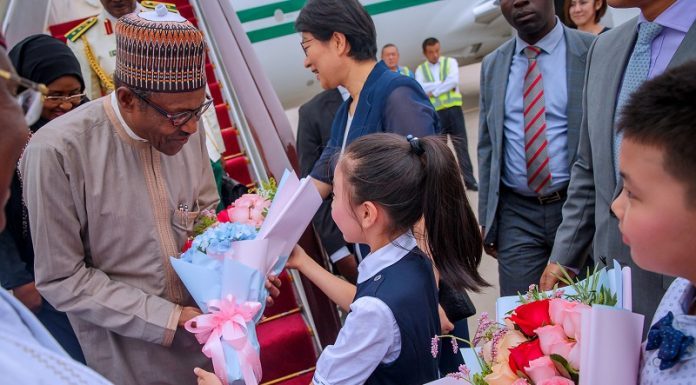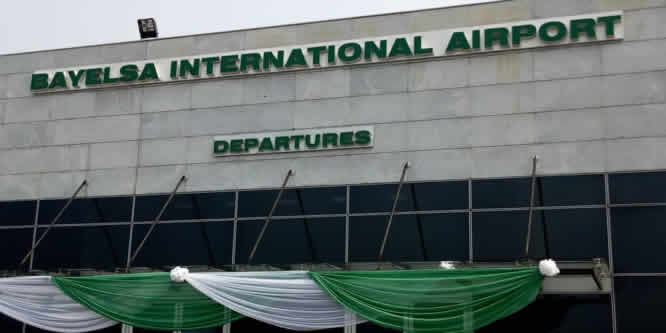Whereas the Federal Government says it needs a total of $36 billion to complete its rail projects across the country, the Minister of Transportation, Chibuike Amaechi, has explained to the Shehu Sani-led Senate Committee on Local and Foreign Debts that substantial part of the $5.5 billion loan being sought for would fund the Itakpe to Warri, Kano to Kaduna and Port Harcourt to Calabar aspects of the rail projects.
It would be recalled that the Senate recently subjected him and the Finance Minister, Kemi Adeosun, to intense questioning over the Federal Government’s bid to borrow another $5.5 billion.
Amaechi explained that “If you put it all together, the total cost of the entire rail projects will amount to about $36 billion. Actually we don’t have the money but it’s an ambitious plan. We really have to start something somewhere and see how far we go.”
Business Hilights recalls that following the blackout of the initial $30bn loan request, President Muhammadu Buhari came back with another request letter to the National Assembly for approval for $5.5bn.
Just as some part will go into railway scheme, he noted that about half would be used for the Mambilla Hydropower Project, construction of a second runway at the Nnamdi Azikiwe International Airport, counterpart funding for rail projects and the construction of the Bode-Bonny road, with a bridge across the Opobo Channel.
But the lawmakers raised serious queries on the rationale of the loan when there is hunger in the land and Nigerians currently lack good purchasing power.
According to Senator Sani, “Some of the questions Nigerians, and indeed our constituents, have asked repeatedly include: what has the Federal Government done with the reported recovered loot allegedly traced to the previous administration? What role can such recovered monies play in the 2017 budget financing? How much indeed has been recovered? And has the National Assembly appropriated the recovered loot for government expenditure?”
“l will advise therefore, that as representatives of the president, you put your best foot forward and be as convincing as possible with facts and figures for the Senate to fully have your back, with respect to these requests.
“It has become clear that if Nigeria must borrow, we must borrow responsibly, we cannot afford to mortgage the future of our unborn generation. If we must bequeath to the future generation a pile of debts, they must be justified with commensurate infrastructural proof of the value of the debts,” he said.
Senate Committee chairman, in its wisdom argued through Sani that “the payment plan of the debts will undoubtedly last the length of our lifetimes and possibly beyond. We must live behind a legacy that will appease and answer the questions the next generation of Nigerians will ask. We must not allow our children and grand children to be enslaved with chains of debts.”









